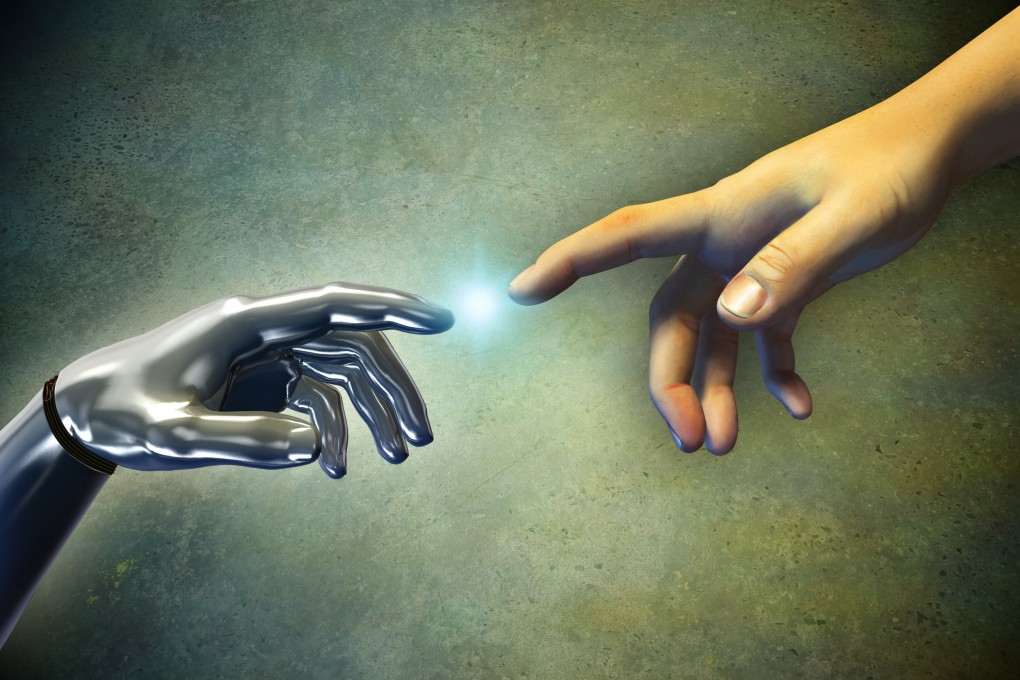Advertisement
Review | In Klara and the Sun, Kazuo Ishiguro examines what it is to be human – and humane
- The Nobel laureate’s latest sci-fi novel is cleverly meshed, tightly structured and fast-reading, sitting at the philosophical end of the genre
- Its android narrator proves to be more human – certainly more humane – than many of the humans in the novel
Reading Time:3 minutes
Why you can trust SCMP
0

Klara and the Sun
by Kazuo Ishiguro
Knopf
Philip K. Dick titled his famous 1968 sci-fi work on the status of artificial humans – later made into the film Blade Runner – Do Androids Dream of Electric Sheep?
Should we worry about robots becoming too human? Should we forgive them?
Klara and the Sun is a cleverly meshed, tightly structured and fast-reading novel, sitting at the philosophical end of sci-fi, far removed from detailed accounts of the technical aspects of robotics and artificial intelligence.

If its title were a question, it might be, “Do Androids’ Prayers Come True?”
Advertisement
